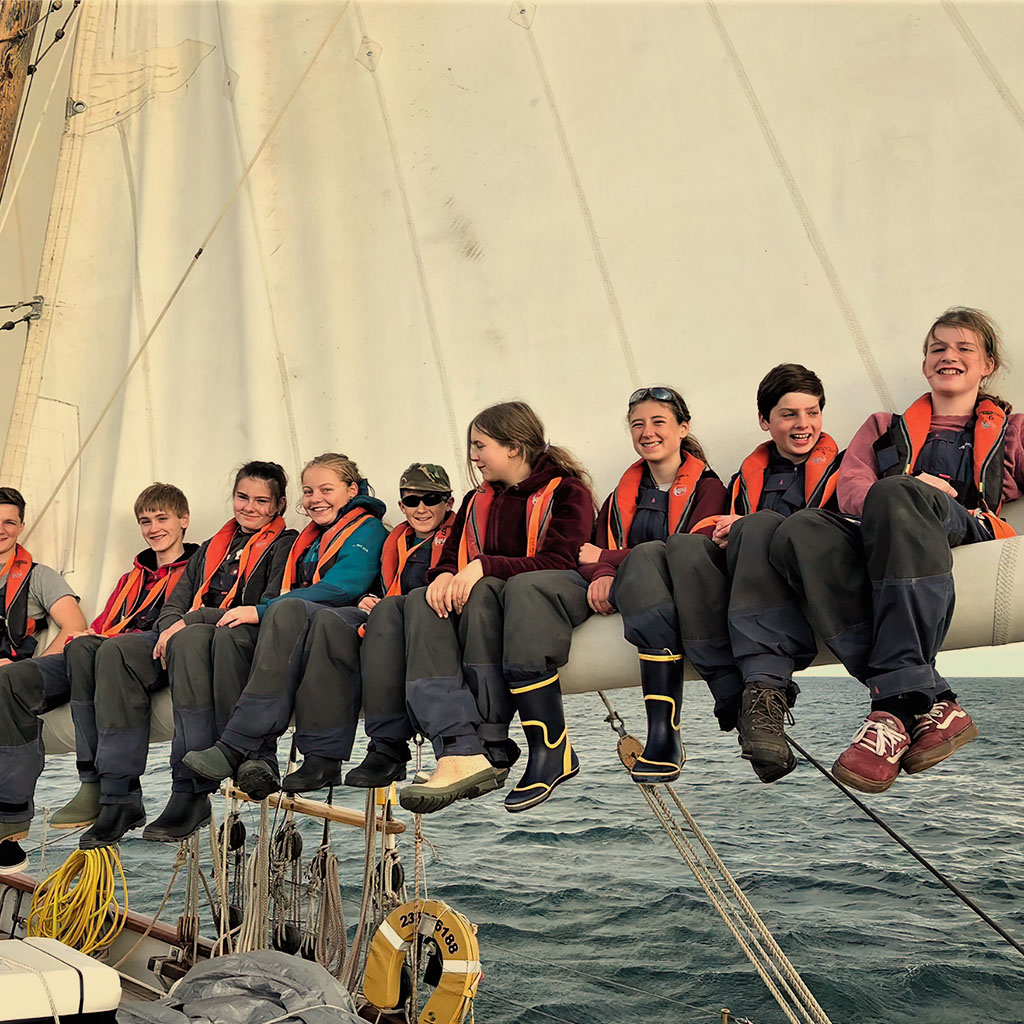Understanding how and where we can help you in your application is fundamental to kick-starting your fundraising journey. We realise how challenging raising funds can be, which is why we'll do all we can to simplify the process and point you in the right direction.
Find out what we fund
What we do fund
- Christian charities and churches in the UK and Ireland
- Churches and Christian charities who are making a positive impact on their communities
- The repair, restoration and improvement of church buildings, cathedrals and other Christian charity buildings
- The preservation of traditional skills relating to ecclesiastical heritage
What we don't fund
- Individuals
- Projects overseas
- Charities with political association
- More than one application under the same grant programme within a two-year period
Which grant is for me
Everyone's situation and need will be slightly different - with this in mind, we categorised our grants to make finding the right funding that little bit easier
Ready to apply?
Once you've identified which grant is right for you, taken a look at how to apply and formed a project plan, it's potentially time to start your funding journey

Benefact Group's work
As a Trust, our ability to support and fund so many worthwhile causes, is made possible by the hard work of the award-winning specialist financial businesses that make up Benefact Group – which gives all its available profits to the Trust, sustaining our giving. As a part of the Benefact Group each business, whether it be in specialist insurance, investment management, broking or advisory shares the Trust’s ethos of giving back.

